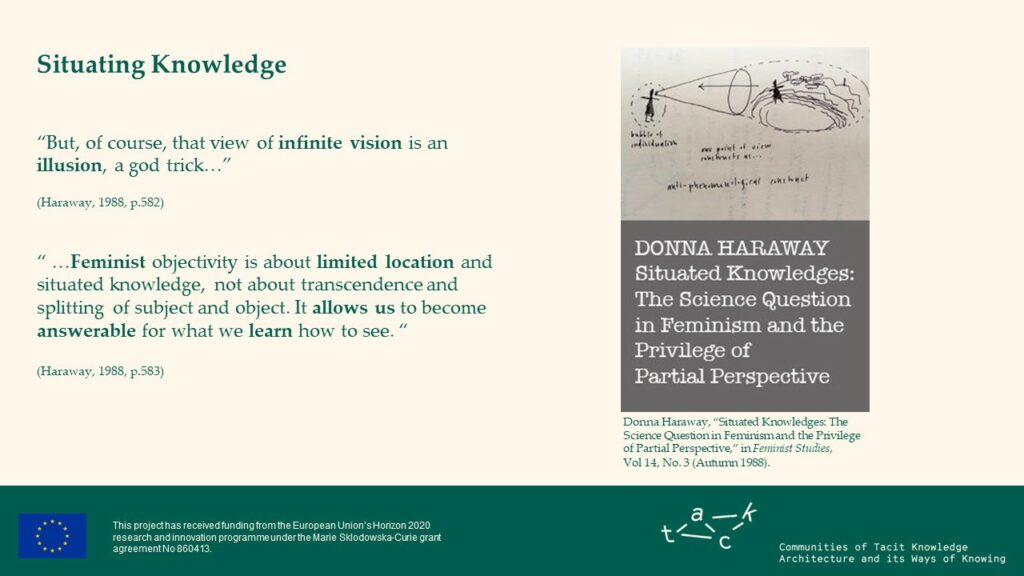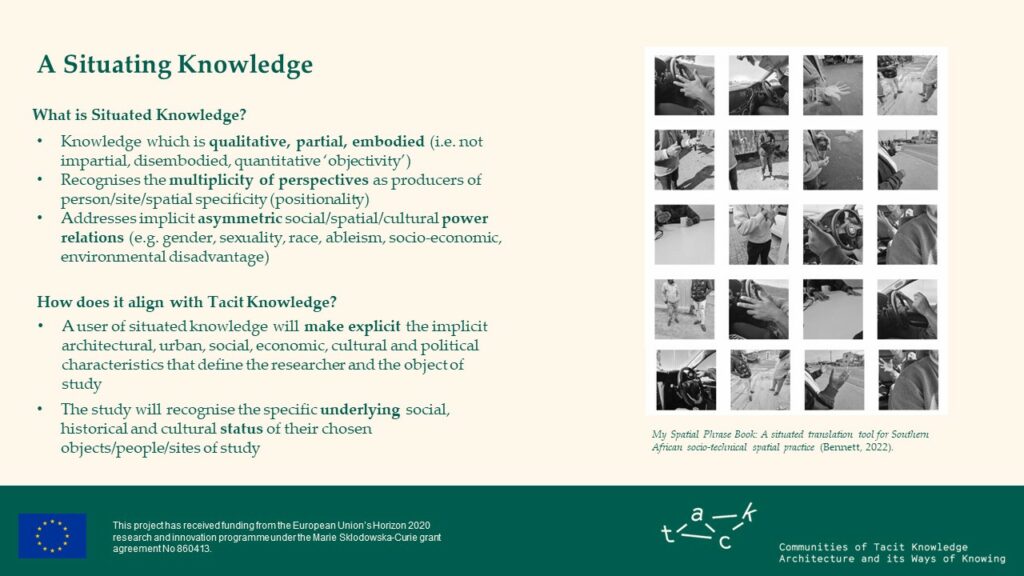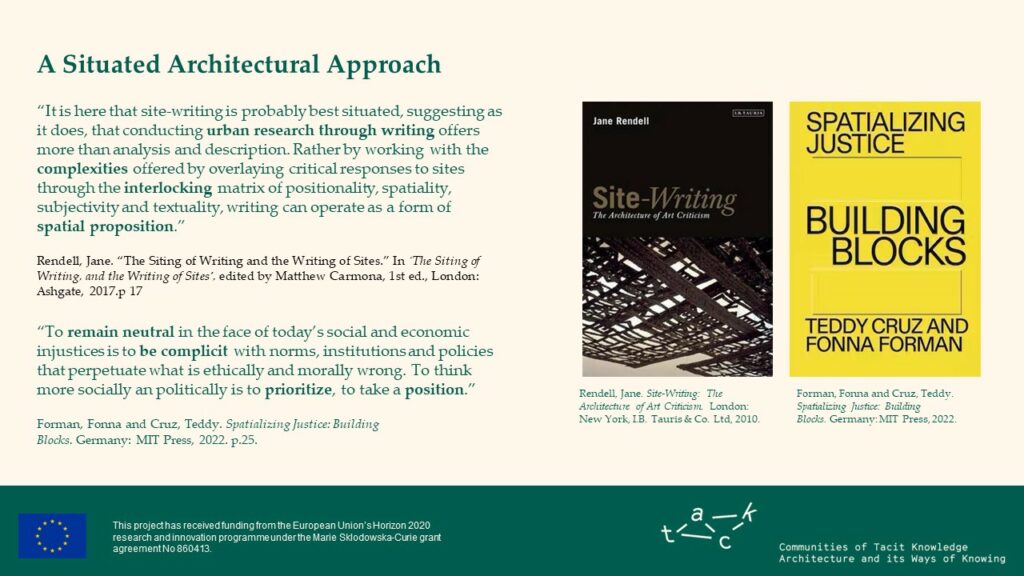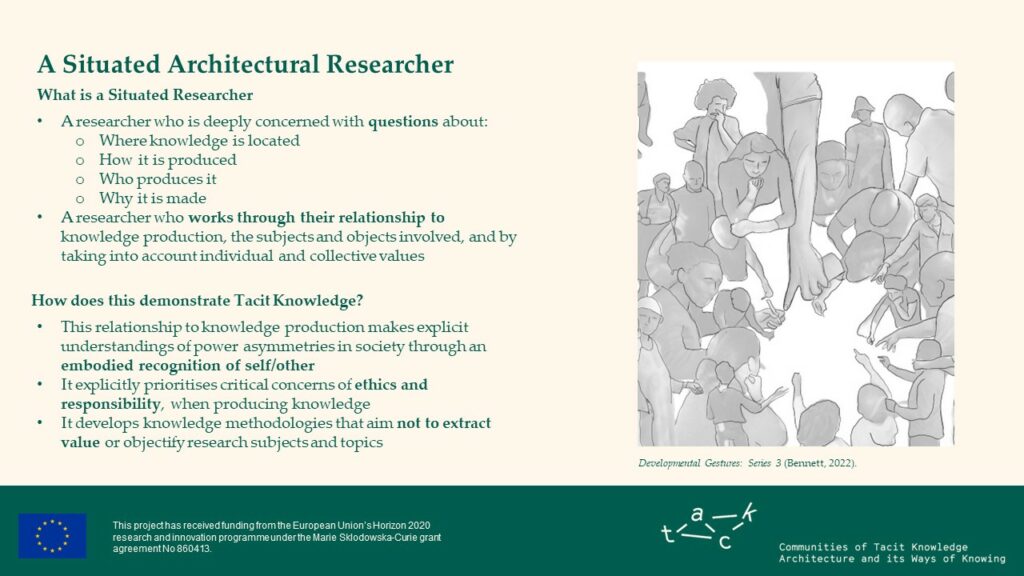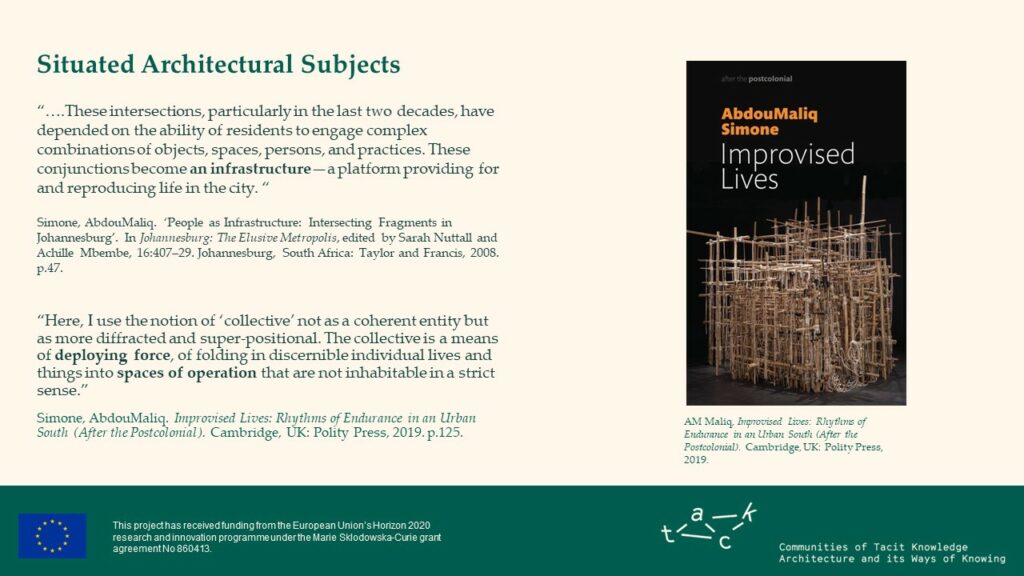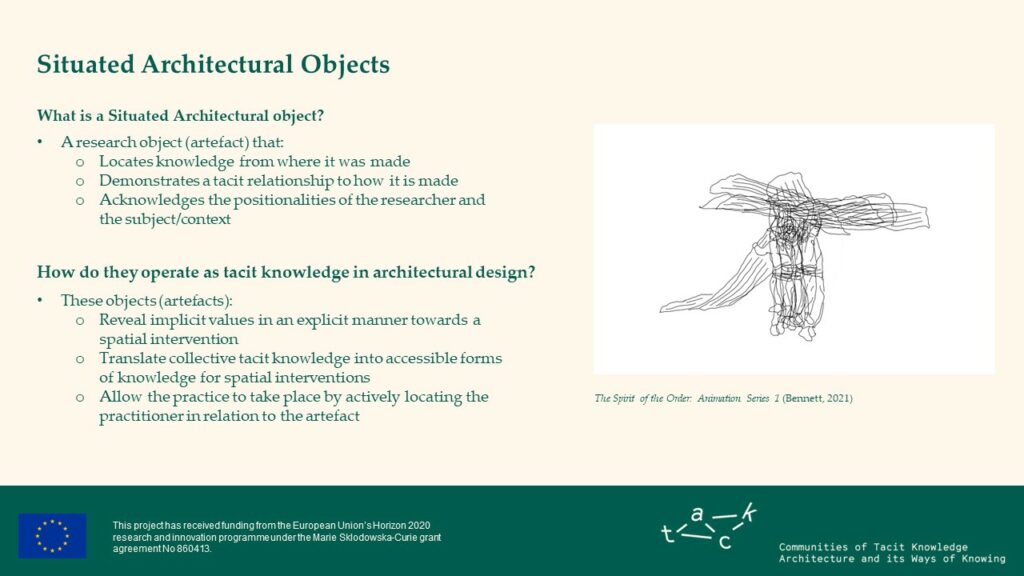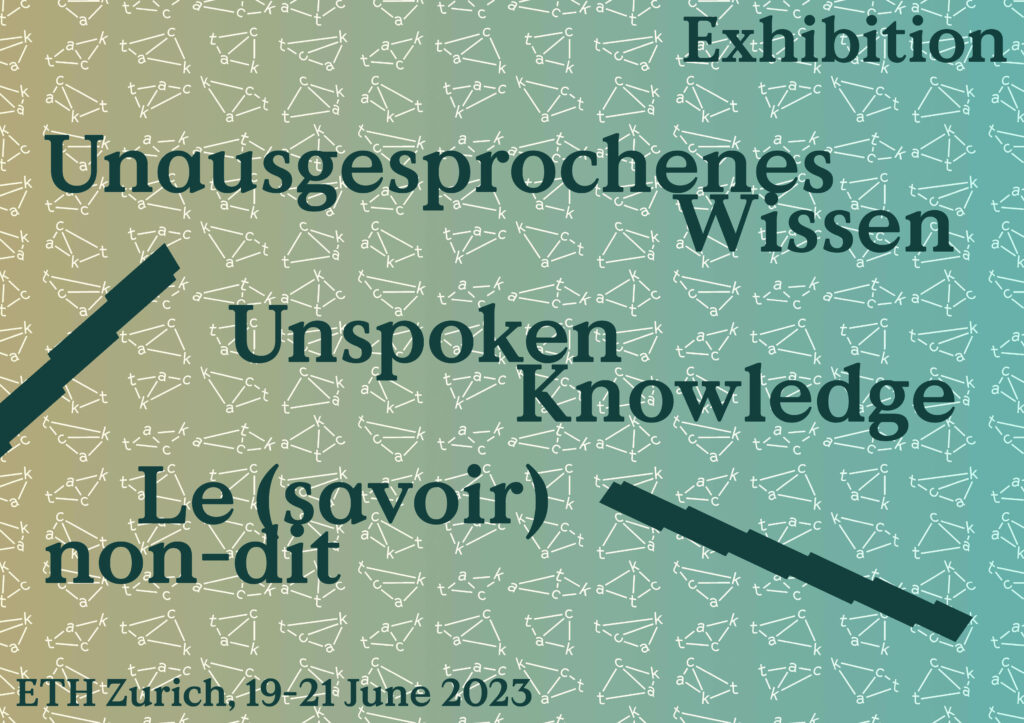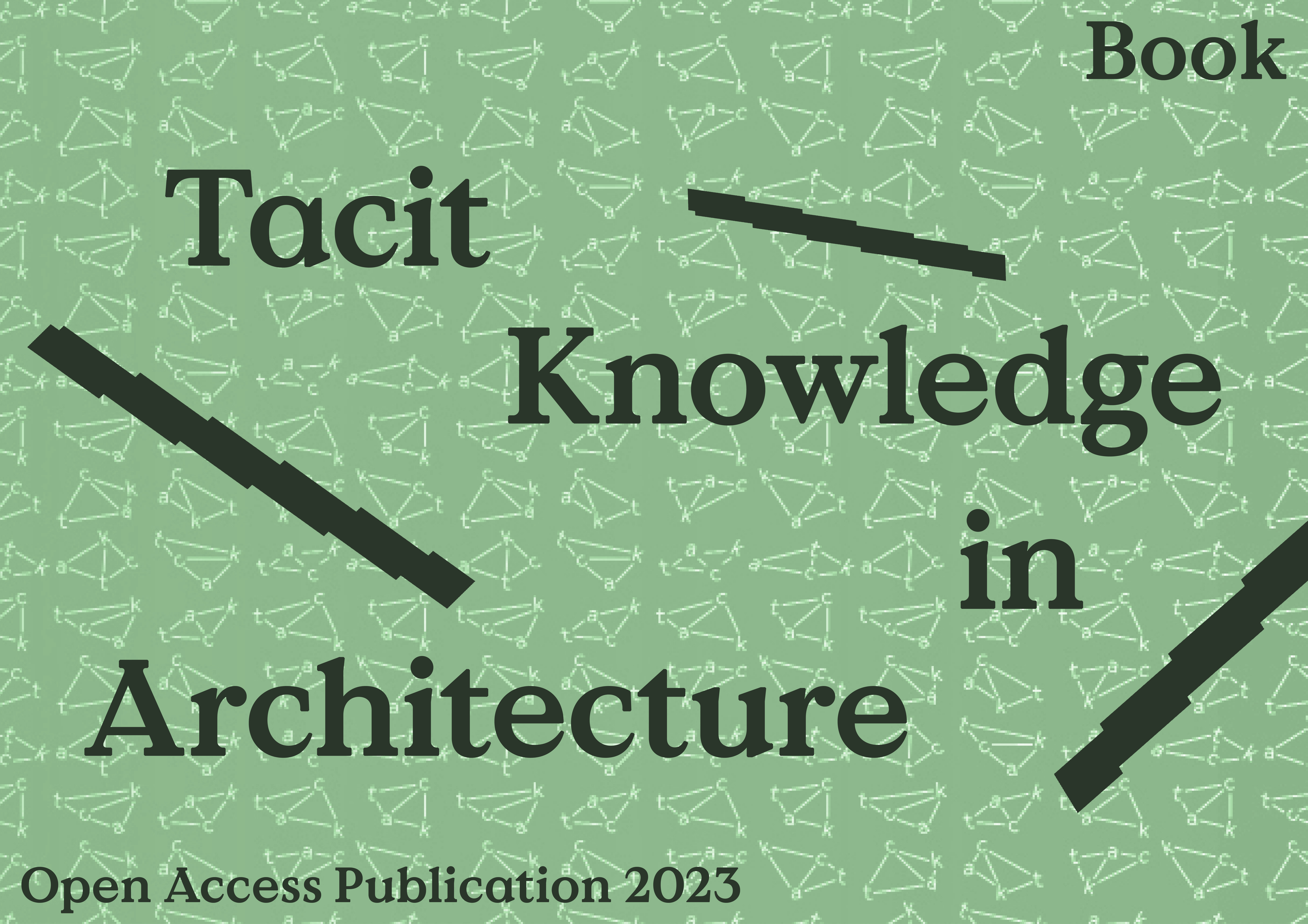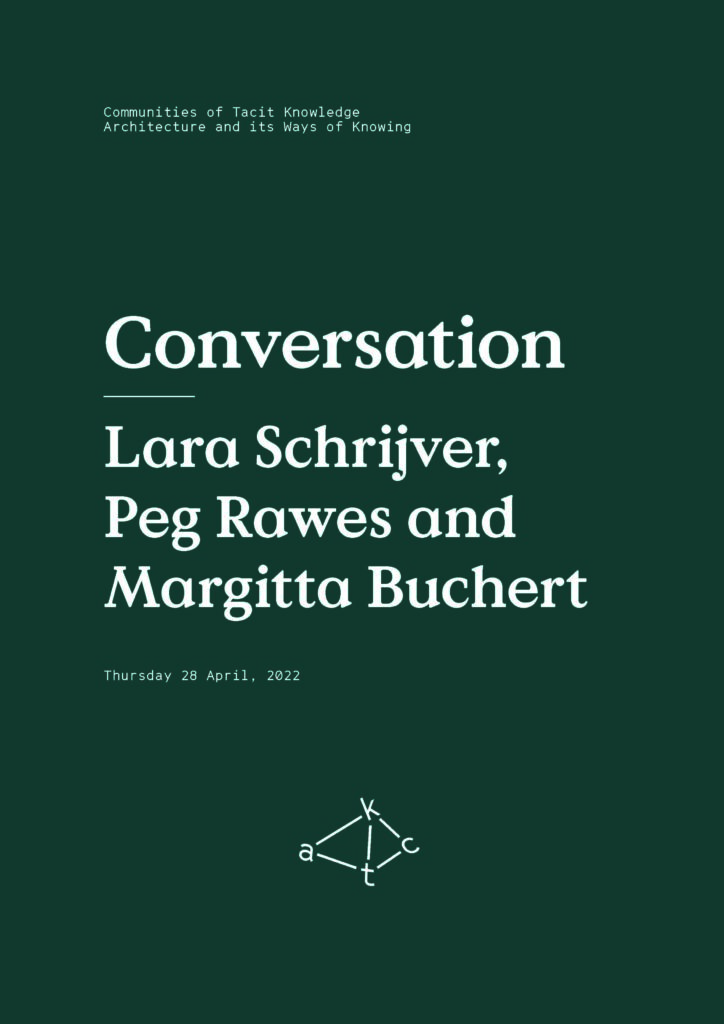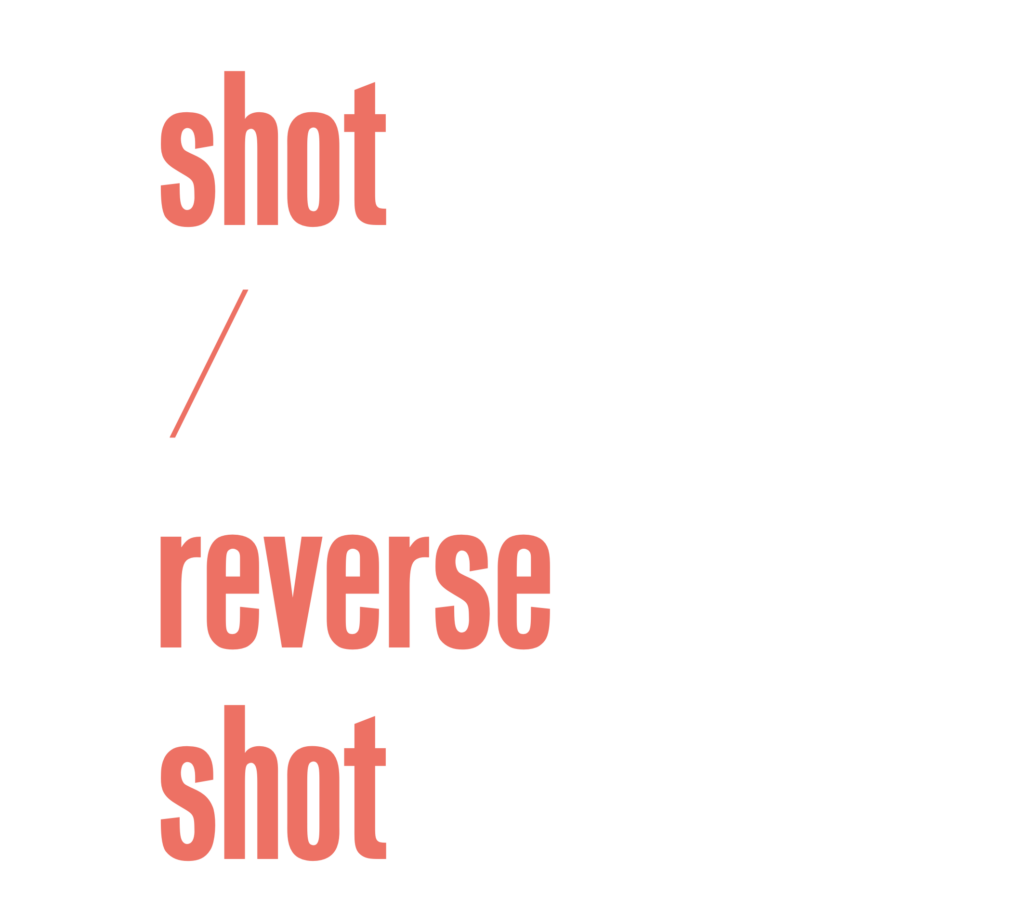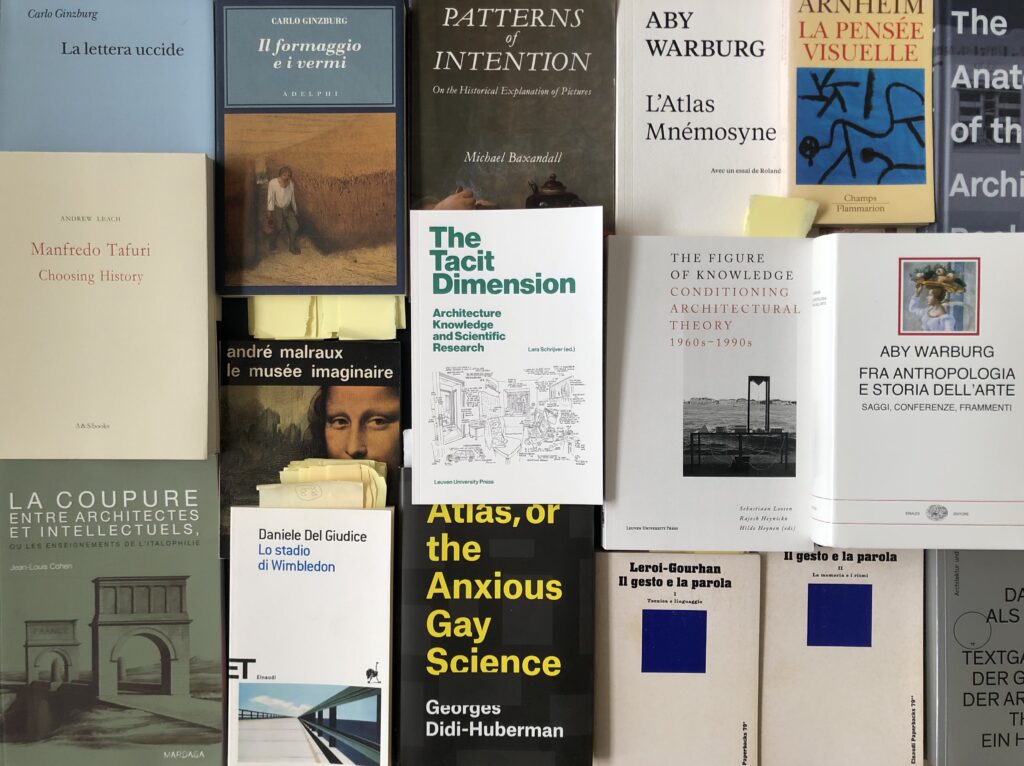Book chapter
Case Study
Conference Paper
Paper
2022
A Joint of Many Worlds: Entangled Stories in Battaile en Ibens’s 78+ Construction System in Timber

© Eric Crevels
ABSTRACT
This paper explores the distinct networks of technical and embodied knowledge present in the development of the 78+ construction system in timber, designed in the 1970-80s by Flemish design office Battaile Ibens. It develops the history of the knooppunt, a joint of a particular material and technical complexity that structures the system’s wooden beams and cross-shaped columns, and argues for the understanding of architecture and construction as complex constellations of different crafts and skills, including but not limited to architectural design and engineering. Design and technical decisions are traced in parallel to economic and marketing strategies, weaving together social and material phenomena that shaped the system’s history. From the initial designs and prototyping, through publicity decisions and appearances in international expositions, until its idealization in the office’s approach, the history of the knooppunt exemplifies the interplay between different stakeholders and knowledge orbiting the technological development of construction systems.
Eric Crevels
Book chapter
Case Study
Conference Paper
Paper
2022
View
A Joint of Many Worlds: Entangled Stories in Battaile en Ibens’s 78+ Construction System in Timber
Eric Crevels

© Eric Crevels

© Eric Crevels

© Eric Crevels
ABSTRACT
This paper explores the distinct networks of technical and embodied knowledge present in the development of the 78+ construction system in timber, designed in the 1970-80s by Flemish design office Battaile Ibens. It develops the history of the knooppunt, a joint of a particular material and technical complexity that structures the system’s wooden beams and cross-shaped columns, and argues for the understanding of architecture and construction as complex constellations of different crafts and skills, including but not limited to architectural design and engineering. Design and technical decisions are traced in parallel to economic and marketing strategies, weaving together social and material phenomena that shaped the system’s history. From the initial designs and prototyping, through publicity decisions and appearances in international expositions, until its idealization in the office’s approach, the history of the knooppunt exemplifies the interplay between different stakeholders and knowledge orbiting the technological development of construction systems.

